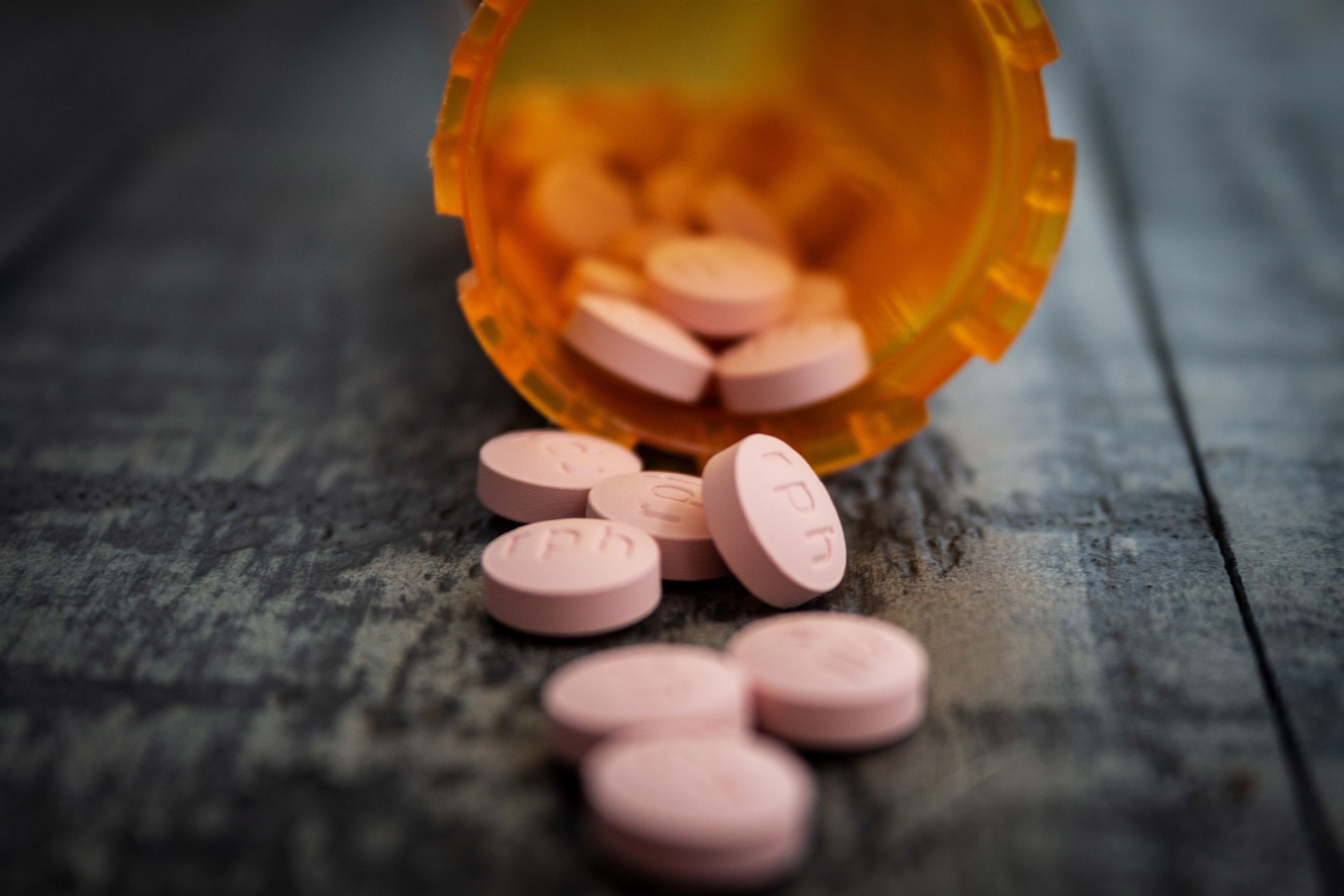Admissions Staff Are Standby 24/7
Stimulant Addiction Treatment
Article Contents
Stimulant Addiction Treatment in Florida
Fort Myers Stimulant Recovery Campus
Our stimulant addiction treatment in Florida helps patients get off the roller coaster of ups and downs while stabilizing their lives. Stimulants produce an abundance of dopamine, the pleasure chemical in the brain. After protracted use (or abuse), the brain no longer produces normal amounts of dopamine. The overuse turns into a physical dependence.
While cocaine / crack have traditionally dominated stimulant abuse, prescription drugs like Adderall have grown significantly. In fact, about 6% of Americans filled Adderall prescriptions in 2023. At the same time, demand was so high during Covid-19 that prescriptions took months to be filled.
Thankfully, our stimulant addiction treatment program in Fort Myers is here to help those addicted to crack, methamphetamine, or ADHD medication. If you or someone you know is struggling with prescription or illicit stimulants, call us today at 239-266-2141.

What Are Stimulants?
Understanding Prescription & Illicit Stimulants
When you come to our Fort Myers residential campus, you’ll quickly understand our commitment to dual diagnosis care. Moreover, our stimulant addiction treatment program in Florida is geared for those struggling with ADHD or OCD and those with stimulant addiction.
Some of the most common prescription stimulants are Amphetamines, Methylphenidates and Dextroamphetamine. Stimulants are often prescribed to treat conditions like Hyperactivity Disorder (ADHD), narcolepsy, and sometimes obesity. Stimulant prescription medications increase attention, alertness, give you energy and concentration. At the same time, street drugs like cocaine, crack, tusi, and meth continue to lure Americans with an exhilarating high.
Some of the most common Prescription and illegal stimulants include:
Indications of Stimulant Addiction
Signs and Symptoms of Abuse
Stimulants are drugs that stimulate the brain. When someone uses a stimulant drug for an extended period or in large quantities, it can lead to dependence or addiction.
When people are using stimulants, the indications will vary depending upon a variety of different factors depending on substance used. However, signs and symptoms typically include:
- Weight loss
- Rapid heartbeat
- Increased blood pressure
- Overly excited
- Excessive sweating
Experiencing intense cravings for stimulants - Confusion
- Intense anxiety
- Euphoria
- Impaired judgment
Get Stimulant Addiction Treatment in Florida Today
If you are struggling with stimulant addiction, it is vital to get help. Several inpatient and outpatient treatment options are available, and the right one for you will depend on your situation.
The most important thing is to seek help as soon as possible. The longer you wait, the harder it will be to overcome your addiction.





